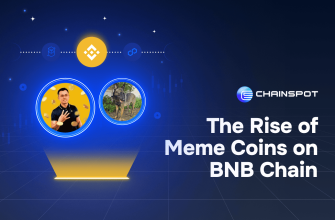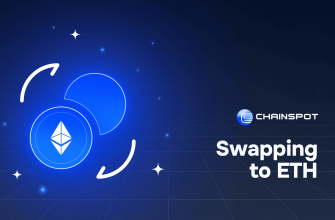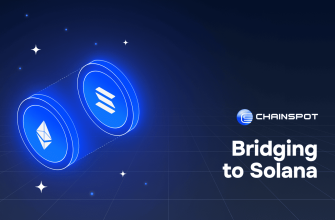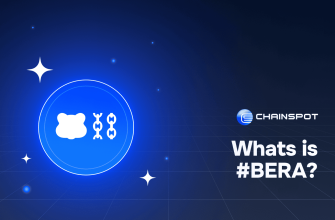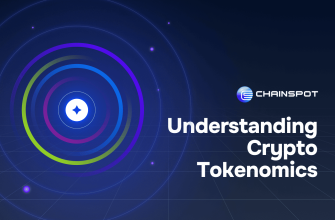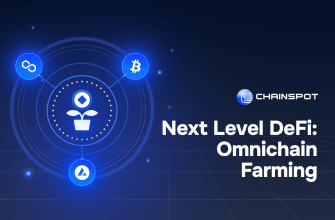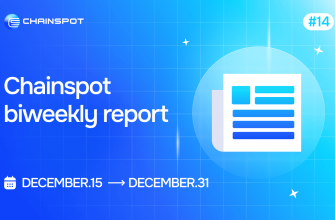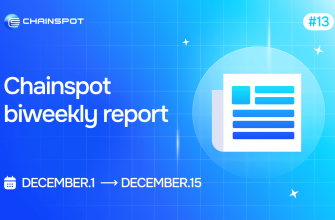Sam Altman’s Worldcoin, known for its retina-scanning technology, is stepping into the realm of blockchain with its World Chain, a layer-2 network built on Ethereum set to debut this summer. This move marks a significant shift from Worldcoin’s previous decentralized application (dApp) setup on Ethereum and aims to enhance control, flexibility, and cost-effectiveness for users.
Introducing World Chain, a new blockchain designed for humans ⚪️ pic.twitter.com/qNb7S3vqut
— Worldcoin (@worldcoin) April 17, 2024
The World Chain will introduce unique features for users who opt for retina scans, receiving a “World ID” digital passport. This initiative aligns with Worldcoin’s vision of creating a network exclusively for “verified humans,” addressing concerns about bot interference in the age of advanced AI technologies.
The decision to launch an independent chain comes after Worldcoin’s World ID protocol operated solely as a dApp on the Ethereum blockchain. The shift to World Chain promises benefits like priority blockspace for verified users over bots, along with some gas fee waivers. Tools For Humanity, the team behind Worldcoin, believes this transition will attract developers looking to create real-world utility apps for millions of users.
World Chain will leverage the OP Stack, a popular blockchain-building framework used by projects like Coinbase’s Base network. Similar to other layer-2 “rollups,” World Chain will bundle user transactions and settle them on Ethereum permanently, offering lower fees compared to direct Ethereum transactions.
Tiago Sada, Tools For Humanity’s head of product, engineering, and design, highlights the necessity of reducing gas fees to make networks more accessible.
“The idea with that is just to make it a lot easier for people to get started, so that one does not need to go through the pains of unwrapping and understanding all these things.”
However, this reduction often leads to increased bot activity, congesting networks and driving up fees for human users. World Chain’s design addresses this challenge by prioritizing transactions from verified humans while maintaining an open and permissionless environment for all users.
“It’s going to be an open and permissions network like everyone else, but we are going to prioritize transactions for humans so that their transactions definitely get in, and then the remainder of the block space is just like any other blockchain.”
Worldcoin gained attention for its unique “orb” device, ensuring that every account holder is human and preventing duplicate accounts. This emphasis on “proof of personhood” is especially relevant as AI applications expand, necessitating reliable digital identity solutions.
Despite initial privacy concerns and criticisms, Worldcoin has continued to evolve, incorporating new encryption technologies and alternative verification methods. These updates have contributed to the project’s growth, with over 70 million transactions to date and recognition from industry figures like Ethereum’s Vitalik Buterin for addressing privacy critiques effectively.
IMO they actually have been doing quite a good job of taking the privacy critiques seriously and designing their system to be more and more data-minimal. Modern cryptography is truly amazing.
— vitalik.eth (@VitalikButerin) March 29, 2024





